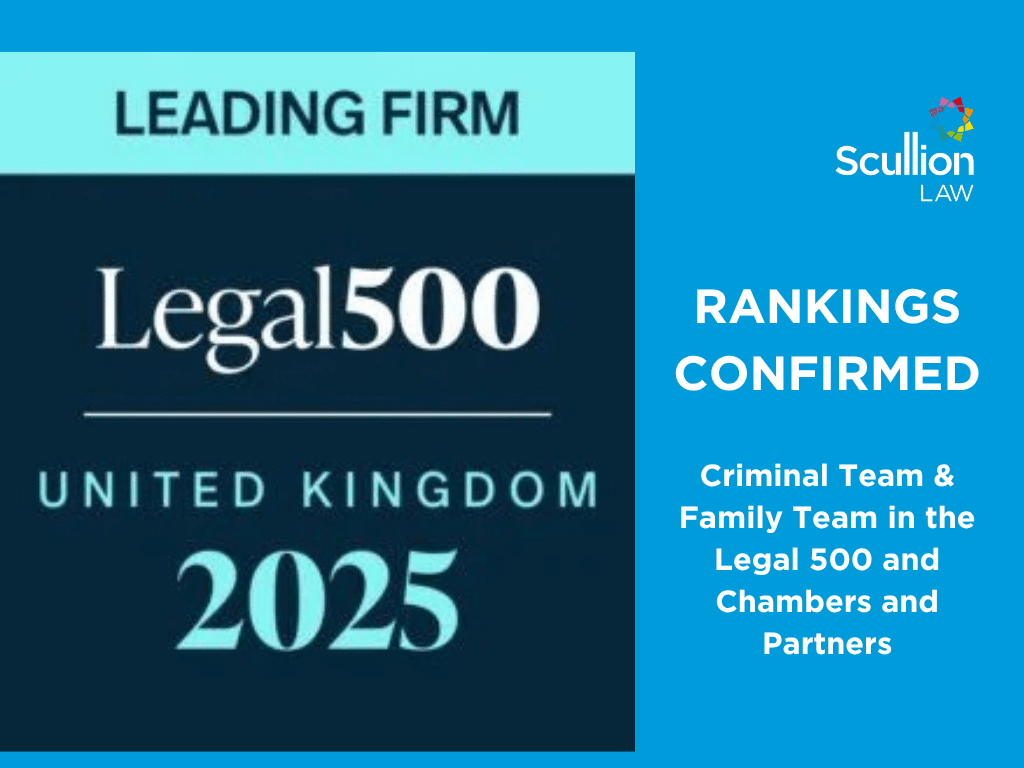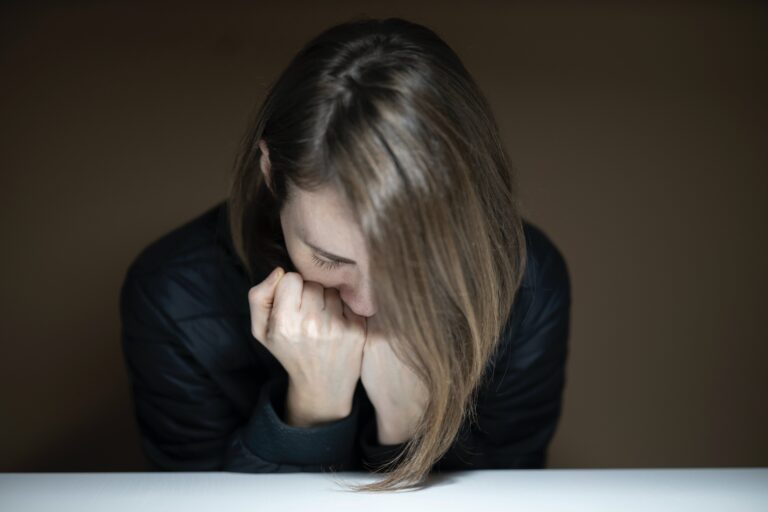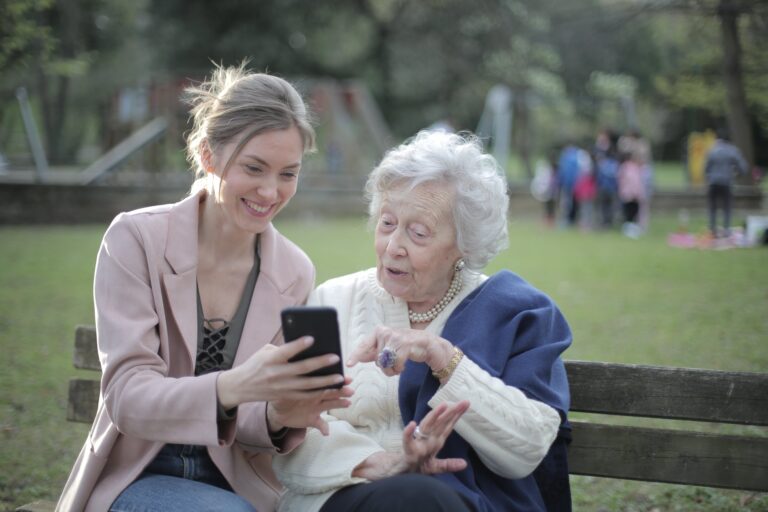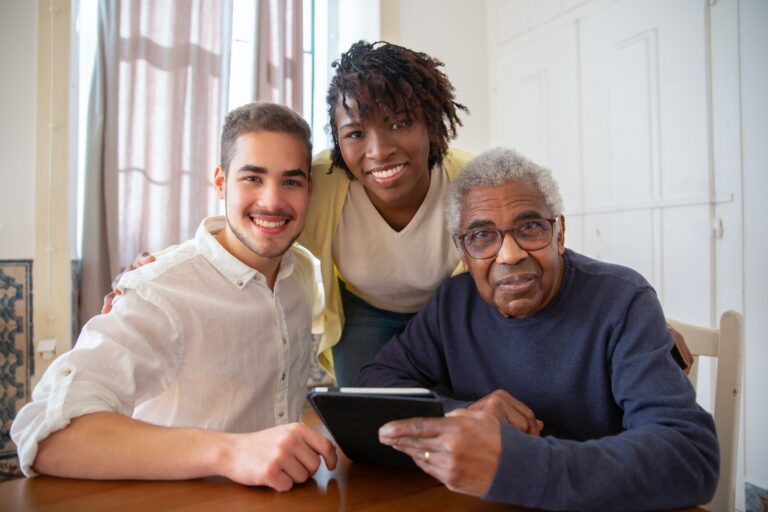
Client First Approach Results in Top Rankings for Scullion LAW
We’re proud to share that we’ve secured illustrious rankings in not one – but two – of the UK’s biggest…
We assist with helping you understand your legal rights after a loved one dies. We provide compassionate guidance so you can mourn fully, without legal worries weighing you down.



In Safe Hands
We will handle your affairs with the sensitivity and care they deserve while maintaining the utmost professionalism.
Tailored Service
Everyone’s circumstances are unique, as are their families and estates. Thats why our team make sure the advice you receive is tailored for you.
Top Rated
Our team are top rated on ReviewSolicitors and our 5-star reviews demonstrate the faith and trust our clients have in us.
“Legal Rights” as they are known in Scotland are a claim that both a spouse or civil partner and children have on your estate. This means that you cannot completely disinherit your spouse or children. Legal Rights exist whether or not a deceased person made a Will. However, if you have been left something in the Will, you are not entitled to claim Legal Rights too – you have to choose one or the other; you cannot claim both. Legal Rights are a claim to a deceased person’s net moveable worldwide estate. What this means is a spouse, civil partner or child, can claim on assets such as bank accounts, shares, cash etc but not any heritable property such as land and buildings.

Legal Rights exist whether or not a deceased person made a Will. However, if you have been left something in the Will, you have to choose one or the other – you cannot claim both. What this means is that if you a spouse, civil partner or child, you can claim on assets such as bank accounts, shares, cash etc but not any heritable property such as land and buildings.

If you need some advice,
Contact us nowWe understand bereavement can create problems in families and stir up painful memories. By having the right team by your side, we can reduce the stress and discomfort of these difficult conversations, whilst ensuring the law is applied. We want everyone to receive their inheritance in a fair and respectful manner.
If you need some advice,
Contact us nowWe can help every step of the way.
If a deceased person left children, then the surviving spouse or civil partner is entitled to one third of the net moveable estate. If the deceased left no children, then the spouse is entitled to a one-half share of the deceased’s net moveable estate. It is important to note that if the deceased had more than one child, the relevant share will be split amongst them. For instance, if there is a surviving spouse and 3 children, then the one third share due to the children will be split amongst them (i.e they each receive a one ninth share of the net moveable estate).
If you are a spouse, civil partner or child of the deceased, your entitlement to claim lasts for 20 years after death.
Yes. The law determines that adopted children have the same rights as biological children. However, an adopted child will not be able to make a legal rights claim against their biological parent – this would apply to the adoptive parent only.
No. Step-children cannot claim on a step-parent’s estate. The only way a step-child could inherit from a step-parent is if this was expressed in the step-parent’s Will.
Cohabitees are not entitled to claim legal rights on their partner’s estate. Cohabitees have no automatic right to a share of the estate regardless of how long they may have been cohabiting.
The only claim a cohabitee can make is through the Sheriff Court. This is to a financial claim on the estate. However, it is important to note that there are certain requirements which must be met and there is no guarantee of a successful claim. If you wish your partner to inherit your estate, this should be done by a making a Will.


